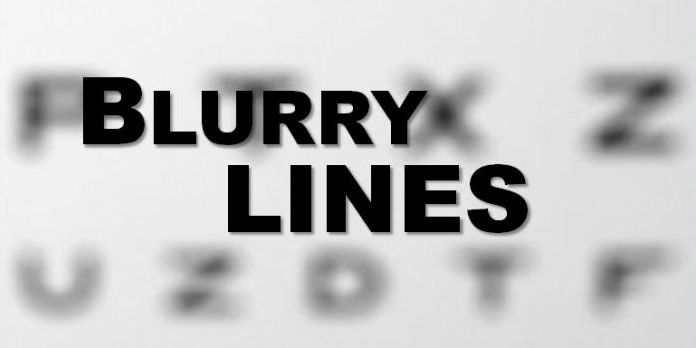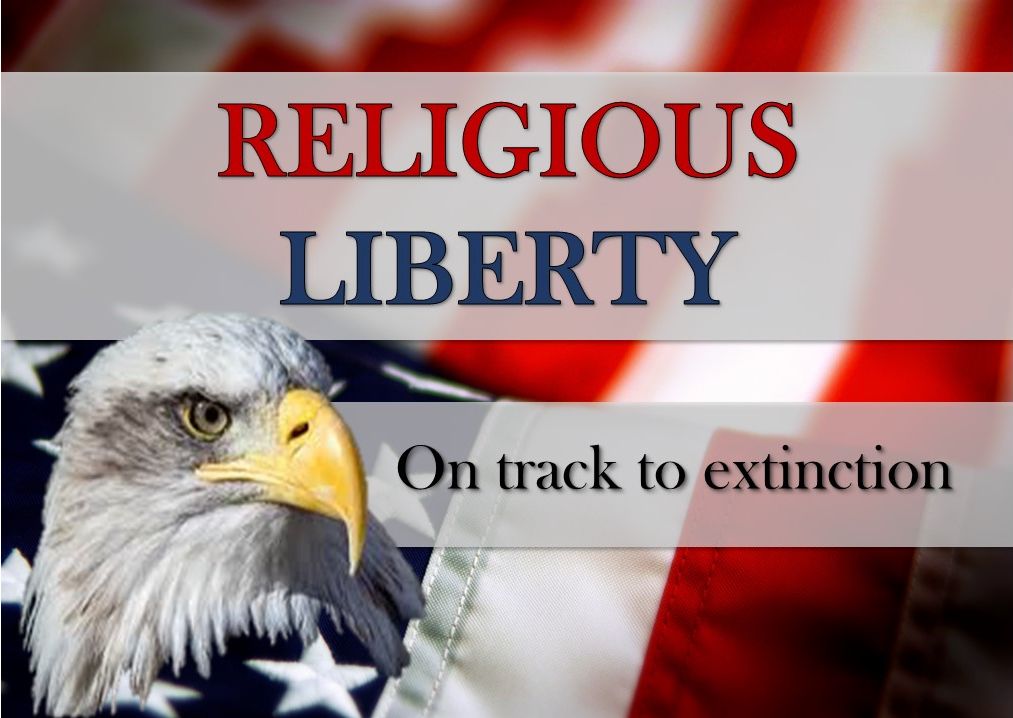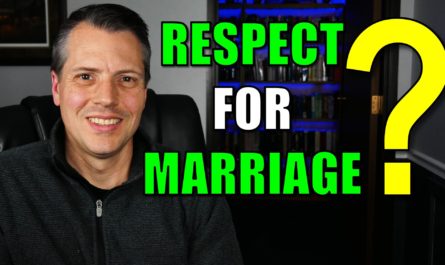 In my previous post, we began looking at how right and wrong are determined, which becomes obvious in the debate over gay marriage. I think it is therefore fitting that we look at how people make decisions in general, which will make it very clear why there are so many varying opinions on this subject. Here is the first way that people make decisions:
In my previous post, we began looking at how right and wrong are determined, which becomes obvious in the debate over gay marriage. I think it is therefore fitting that we look at how people make decisions in general, which will make it very clear why there are so many varying opinions on this subject. Here is the first way that people make decisions:
MANY DECISIONS ARE BASED ON ACCEPTANCE
On May 10, 2012, President Obama took advantage of an ABC interview with Robin Roberts to declare his support of gay marriage. His statements reveal much about how many people come to their conclusions. Here are his own words:
“Over the course of several years, as I have talked to friends, and family, and neighbors, when I think about members of my own staff who are incredibly committed in monogamous relationships—same sex relationships—who are raising kids together—at a certain point, I just concluded that for me personally, it is important for me to go ahead and affirm that I think same sex couples should be able to get married.”
In short, the president thought about people in committed, monogamous, same-sex relationships and noticed that the trend is growing. Many fine people around him engage in this behavior and he sees no problems arising from it.
Therefore, it is ok.
Maybe you do not agree with the president’s conclusion. You may not think that just because a practice is accepted that it is acceptable. I agree with you.
However, I have a serious concern, which is this: we often support “traditional marriage” with exactly the same argument.
If you do not believe that homosexual marriage should be allowed, why not? Consider the response of a former president:
“The union of a man and a woman is the most enduring human institution, honored and encouraged in all cultures and by every religious faith.”–President George W. Bush in a 2004 CNN interview
Is the reason that we should accept traditional marriage that it has been accepted for thousands of years?
If this is our argument, we will never be able to win because we are founding our argument on the same premise as the other side, namely the idea that acceptance determines truth.
The problem is that both types of marriages are now being accepted.
An ABC News poll shows that 61% of Americans under age 40 support gay marriage while 54% of those over 65 oppose it.
What do you think those numbers will be like in the future? When decidedly more Americans support gay marriage than stand against it, does that mean that what is “right” has changed?
By the way, we face the same issue in the abortion debate. The landmark decision that took place in January of 1973, just months before I was born, made this heinous practice legal. But does that mean that it is right?
We must be very careful when we use the term “traditional marriage” to refer to marriage between a man and a woman. While it is true that heterosexual marriage is in fact “traditional,” it is not the tradition that makes it right. Public opinion is famous for its volatility. If truth is based in public opinion, then truth must also be volatile. How could it then be truth?
In I Corinthians 2:5, Paul declares that our faith “should not stand in the wisdom of men.” While he was discussing salvation rather than social issues, we would do well to apply his argument to other areas of debate. The wisdom of man will let us down when it comes to determining the truth. The knowledge of right and wrong must come from somewhere else.
In the next section we will consider the second way that many people make decisions.
PREVIOUS – Click here for A Moral Compass, Part 1
NEXT – Click here for A Moral Compass, Part 3



